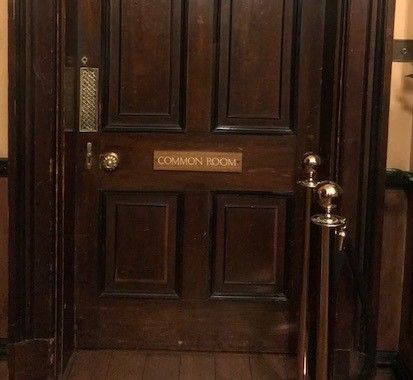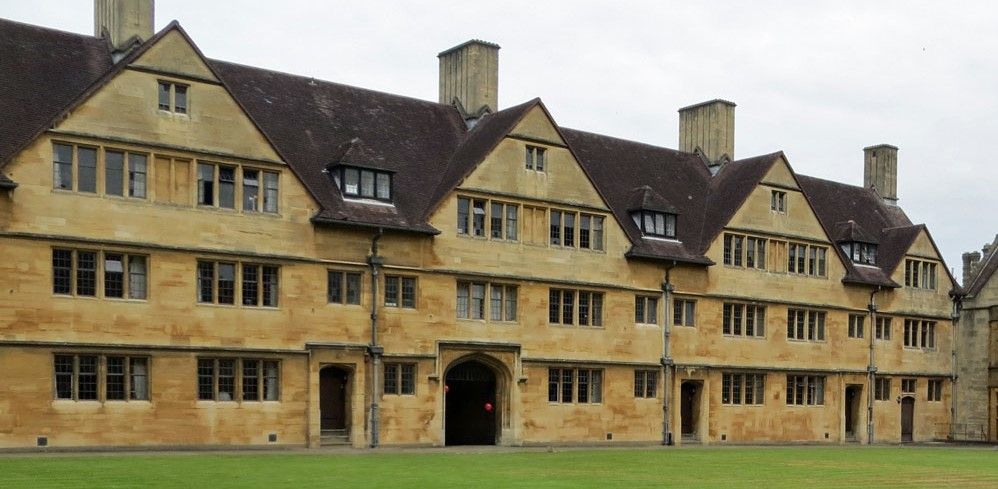By Salha Arman, Third Year Economics and Finance
In some of the JCR elections it appears as though only one candidate is running to be president. Is this fair? Is this democratic?
Last week the University of Bristol’s halls of residence finished electing their new Junior Common Room (JCR). The JCR is meant to represent the voice and interests of students who live in the halls and they play major role in organising social activities and events. Given its influence in shaping the student experience, having the right candidates is of vital importance.
Yet this year saw a low candidate turnout. Several halls such as Woodland Court and Manor Hall only had one candidate running for JCR President. Others such as Clifton hill house and Winkworth managed to do slightly better with at least 2 nominations for this role, but they also had one candidate running for other key roles such as treasurer or secretary. The SU had to extend the nomination period for all the halls as many positions remained unfilled and some halls could not even secure any nominations for the minimum roles required to form a JCR the first-time round. The shockingly small number of candidates promoted questions from some students over the fairness of the process.
Several halls such as Woodland Court and Manor Hall only had one candidate running for JCR President
But is the process unfair? Let’s consider some conditions that democratic election should meet. Ideally, you want more than one candidate running in an election because you want different issue sets to be made visible to the voting audience so that they can choose between them. The more candidates run, the greater the range of issues that are relevant to the voting public are made visible. You also want the selection the process to be fair (so anyone regardless of background could run).
You want the elections to be fair which means all votes are counted and weighted equally. You want an equal distribution of resources among candidates that enable them to campaign effectively. You also want all this to be known (i.e. transparency).
There is a large gap between ‘non ideal’ and ‘undemocratic’
From this perspective, having one-person run is less than ideal even if all the other conditions are met. But there is a large gap between ‘non ideal’ and ‘undemocratic’. To argue that the process is undemocratic seems mistaken. Everyone within each hall had chance to stand for election/ nominate themselves or their friends. Efforts were made to raise awareness of the elections: posters were visible throughout halls and emails were sent to all eligible students. The Student Union even organised pizza mingles within many of the halls to raise awareness of the election.

If enough people felt that the lone candidate running was unsuitable, they had option of voting to reopen nominations and have more people stand. This did not happen. Clearly the fact that students are running unchallenged for these roles is not due to an unfair or corrupt voting system but rather a disinterest in student politics amongst students living in halls. This was reflected in the voting turnout per hall in the most recent election. Wills Hall had the highest voter turnout at 57.82%, Stoke Bishop overall fared quite badly, Hiatt Baker and Badock only secured 32.21% and 20.65% respectively, whilst the numbers were even lower in the city centre halls with Orchard Heights only managing a turnout of 18.43%.
We should be applauding these people who are running for these because they are giving up their time to better everyone else's experience.
This lack of interest is quite surprising given the importance of the role of the JCR. Having an active JCR is vital towards ensuring that students have good events and formals/socials put on within halls. We certainly don’t want to see this turn out continue in future elections. But the solution to this, is not to focus on any one person running. We should be applauding these people who are running for these because they are giving up their time to better everyone else's experience. We already know that in 2nd and 3rd year lots of students run for committee positions in society/sports club. So why not encourage this enthusiasm early on by raising awareness of what the JCR does, its importance in the overall student experience and the benefits of running for individual students? Raising awareness of what the JCR roles entail and walking students through the process of running seems to be the most productive way to overcome the lack of interest we saw this election.
Statistics sourced from: Bristol SU voter turnout term 1 elections
Featured: University of Bristol
Have you ever voted in the JCR elections?









